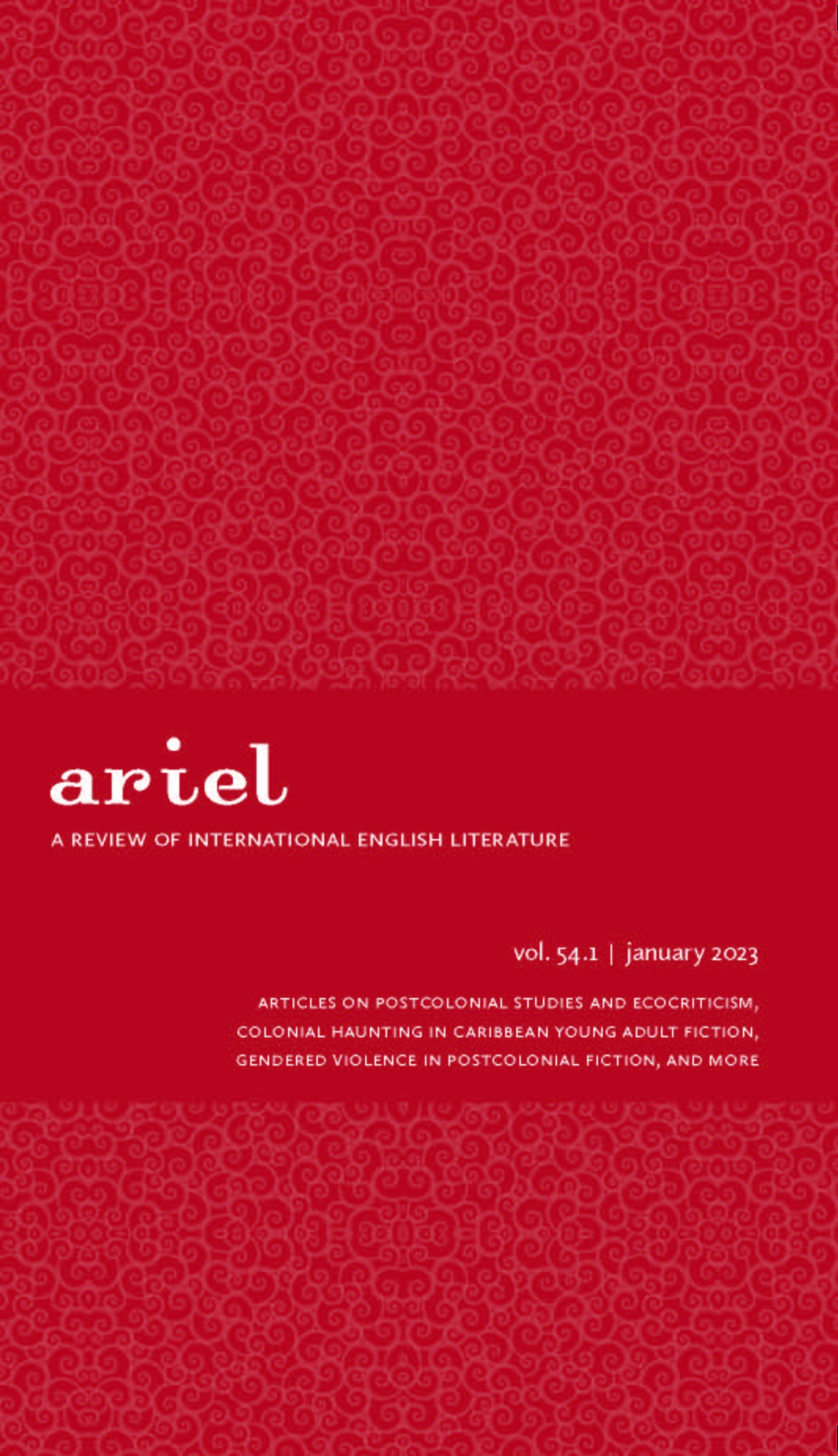Jahan Ramazani. Poetry in a Global Age
Abstract
World literature studies have disproportionately focused on fiction, and poetry is the least theorized form. Jahan Ramazani’s book inserts poetry into the crucial discourse of globalization in his examination of works from different periods and contexts. In his introduction, Ramazani theorizes what he frames as “polytemporal and polyspatial poetics,” and he draws from the premise that “the making of a poem, as of a pencil, amalgamates, reshapes, and compresses materials that span large swaths of the globe” (1). His thesis is that poetry does not exist as in a void and is a product of influences and forms that traverse space and time. This point is necessary for positioning poetry on the same pedestal as the novel in terms of its transnational mobility. Ramazani makes a case for a dual understanding of poetry’s place in the globe; on the one hand, he submits that poems “belong to their immediate historical moment,” and on the other hand, he acknowledges the “transnational skeins” of poetry. These transnational influences manifest in received tropes, forms, genres, rhythms, and even words (3-4).


